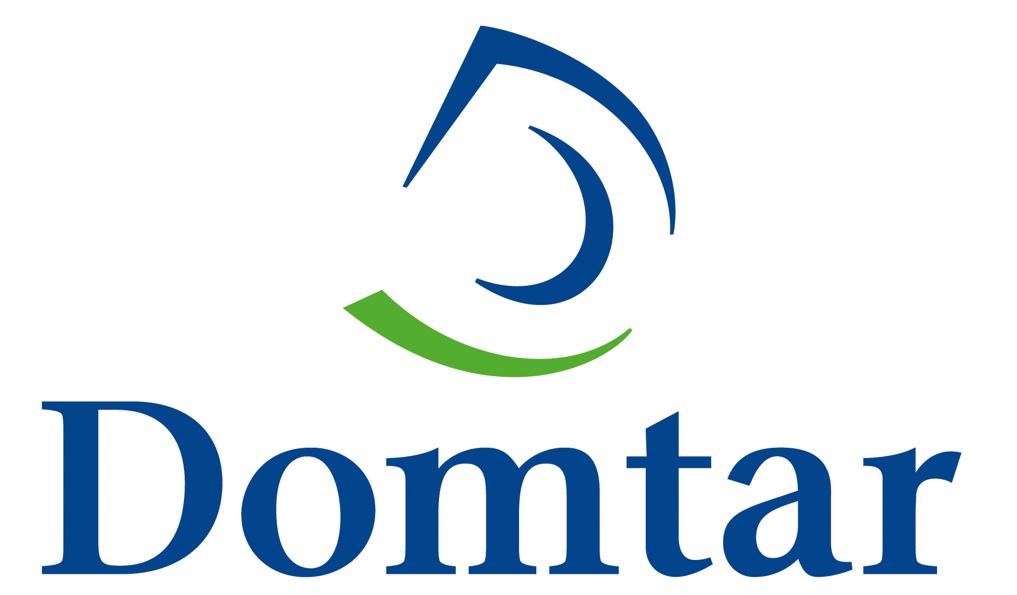Global Megatrends Are Driving Pulp and Paper Demand

As consumers become more conscious of sustainability, they’re demanding eco-friendly, biodegradable alternatives for petroleum-based products. With our robust pulp and paper business, we’re well positioned to address three global megatrends: plastic substitution, food packaging and e-commerce.
“These are areas where we’re already making products, and we see even more opportunity for future growth,” says Steve Henry, vice president of strategy and business analysis for Domtar Pulp and Paper. “We’re fortunate to be able to expand our efforts in these areas as consumer demand for them grows.”
Take a look at how these megatrends are spurring growth in the pulp and paper industry:
Plastic Substitution
As consumer demand drives anti-plastic legislation to reduce the use of plastic products, the market for paper and plant-based alternatives is expanding. That’s encouraging news for our Biomaterials and Specialty Papers businesses.
Domtar Biomaterials Vice President Mark DeAndrea, says lignin is an ideal polymerto serve as a plastic substitute for many companies that are supplementing or replacing their petroleum feedstocks.
Paper also is a logical replacement for some products, including plastic straws. Peter Gilbert, director of marketing and customer service for Specialty Papers, says he expects increased legislation banning single-use plastics will yield more demand for paper alternatives.
Food Packaging
Similarly, Gilbert says there’s mounting public interest in paper-based food packaging for quick-service restaurants and packaged goods. One particular area of interest is grease-resistant paper.
“There’s a growing trend toward replacing fluorochemicals on grease-resistant food packaging with natural alternatives that effectively do the same thing,” he says. “This is a trend we’re trying to keep ahead of by evaluating natural options to provide to our existing customers and, hopefully, to attract new ones.”
E-Commerce
The availability of internet shopping and the convenience of having goods delivered directly to your home within hours of ordering them has forever changed the way people shop. In fact, e-commerce accounted for 9.5 percent of total U.S. retail sales in the first quarter of 2018, up from less than 1 percent in 2000. Pitney Bowes projects total shipping volume worldwide to exceed 100 billion parcels in 2020.
A major component of e-commerce is the shipping label that features the customer’s delivery address and tracking number. Our Marlboro Mill produces much of the lightweight thermal paper used for these labels.
“The thermal market is important to us today,” Henry says. “We hope it will continue to grow in the years to come with increased demand for thermal shipping labels used in e-commerce.”
Fiber: A Natural Response to Anti-Plastic Megatrends
Plastic substitution. Food packaging. E-commerce. The fiber that weaves these megatrends together is produced at our pulp and paper mills.
“That gives us reason to be confident knowing our ability to transform wood fiber is world-class and will continue well into the future,” Henry says. “We’re leading the movement toward environmentally friendly products and helping to reduce the dependence on single-use plastics and helping bring the convenience of online shopping directly to people’s doorsteps.”

